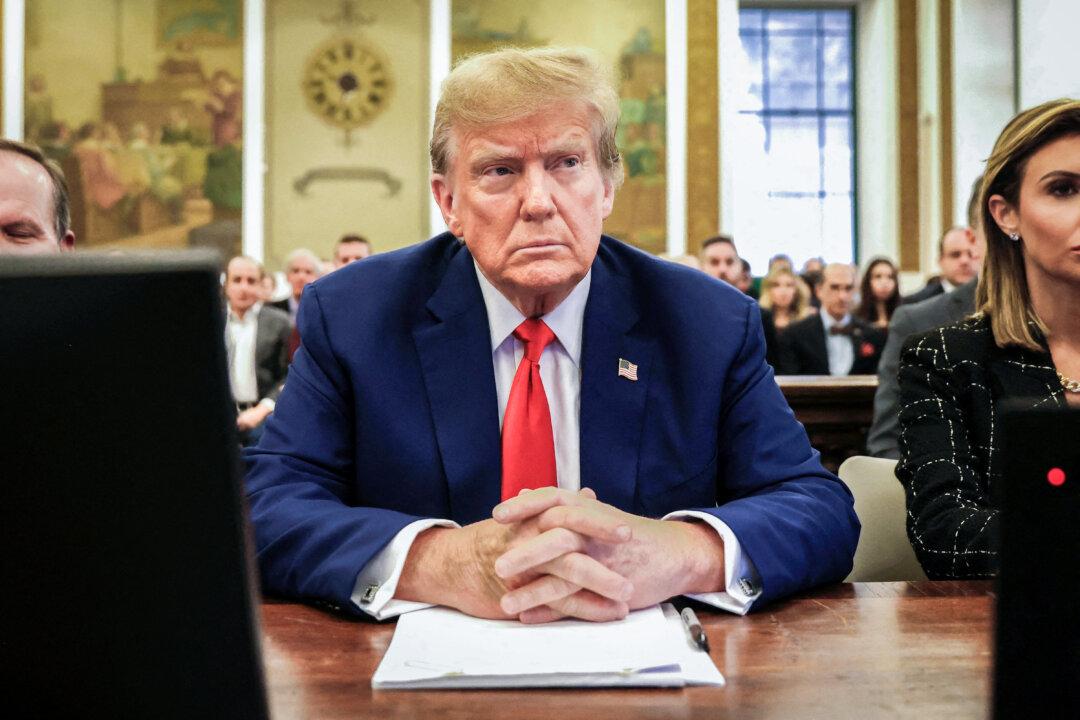Former President Donald Trump said Saturday that the recent court ruling that fined him over $350 million would spark a business exodus from New York State, while venture capitalist Kevin O'Leary said the ruling turned New York into an uninvestable “mega loser state.”
In a civil fraud trial that accused the former president of inflating asset values to get better terms for bank loans, New York Supreme Court Justice Arthur Engoron issued a ruling on Feb. 16, ordering President Trump and Trump Organization executives to pay $355 million in damages, and barring the former president from doing business in the state for three years.





